Early Childhood Development
Nurturing Young Minds, Building Brighter Futures

8 Hours average completion time
0.8 CEUs
9 Lessons
9 Exams & Assignments
405 Discussions
9 Videos
21 Reference Files
66 Articles
Mobile Friendly
Last Updated January 2026
Imagine the awe of witnessing a child take their first steps, the joy of hearing their first word, or the moment they start recognizing faces and making connections with the world around them. These seemingly simple moments are actually profound milestones in the complex, wondrous process of child development. This intricate journey, which begins long before birth and continues into adulthood, is a fascinating blend of biological, psychological, and social transformations that shape who we are and how we interact with the world.
If you've ever wondered what goes on behind the scenes of a child's mind and body as they grow, this course on child development is designed for you. Whether you're a parent, educator, healthcare professional, or simply someone who interacts with children, this course offers invaluable insights into the remarkable process of human development. Exploring the Wonders of Child Development doesn't just give you knowledge--it equips you with the tools to truly impact the lives of children for the better, to understand them at their core, and to support their growth in meaningful ways.
The Transformative Power of Understanding Child Development
The journey from conception to adulthood is a marvel of nature, and each phase of development is critical to shaping the future. Did you know that the experiences and environment a child is exposed to in their earliest years can have lifelong impacts on their personality, intellectual abilities, and social behaviors? That's why understanding child development is essential for everyone, not just for professionals who work with children.
This course offers a deep dive into every stage of development, from the prenatal phase to adolescence. You'll explore how children grow physically, cognitively, emotionally, and socially, learning about the milestones they reach along the way. And it's not just about recognizing those milestones--it's about understanding what influences them and what they mean for a child's overall well-being.
Why Should You Care About Child Development?
You might be asking, "Why is this course important to me?" The answer is simple: children are the foundation of our future. When we understand how children develop, we can shape environments, whether at home, school, or in society, that foster healthy growth. This understanding is crucial for parents who want to give their children the best start in life. It's vital for educators who aim to support each student's unique learning journey. It's indispensable for healthcare professionals seeking to promote wellness in their young patients. Even policymakers can benefit from this knowledge, as it helps create informed strategies that promote the well-being of future generations.
When you take this course, you're not just gaining knowledge--you're gaining a deeper understanding of how to make a real difference in the lives of children. You'll learn how developmental disabilities can be identified early and how to support children who face such challenges. You'll discover how to nurture emotional resilience and social skills, and how language and literacy form the bedrock of intellectual growth. And most importantly, you'll be able to apply these insights in real-life situations, whether in your home, classroom, or community.
What's Inside the Course?
This comprehensive course brings together knowledge from multiple disciplines--psychology, sociology, education, and medicine--to provide a well-rounded view of child development. Starting with prenatal development, you'll explore how a child grows in the womb, and how maternal health and external factors influence this early stage. Then, you'll move on to infant and toddler development, learning about the rapid physical changes, emotional bonding, and cognitive leaps that take place in those formative first years.
As children grow, so do their bodies and minds. You'll study physical development, from their first steps to the teenage growth spurts, and cognitive development, delving into how children learn, reason, and problem-solve. Emotional and social development is another key area, where you'll explore how children form relationships, develop self-esteem, and begin to understand their own emotions and those of others.
And, of course, you'll examine developmental milestones--the critical indicators that a child is growing as expected. From language acquisition to social interactions, each milestone gives us a window into how well a child is adapting to their world. The course doesn't shy away from the challenges, either. You'll learn about developmental disabilities and how early intervention can make a world of difference for children who may struggle with learning, physical, or emotional challenges.
Who Should Take This Course?
This course is for anyone who cares about children and wants to support their development in a positive way. Are you a parent who wants to better understand the unique needs of your child at every stage? Perhaps you're an educator who interacts with children daily and wants to provide a more supportive, enriching environment. Or maybe you're a healthcare professional who wants to understand the developmental milestones that indicate a child's health and well-being. This course offers you the tools to understand and engage with children on a deeper level.
Even if you're just a curious learner interested in human development, this course will open your eyes to the intricate and beautiful process that every child goes through as they grow. You'll leave the course with a strong foundation in child development, armed with practical knowledge and a newfound appreciation for the complexity of human growth.
In the end, understanding child development isn't just about knowing how children grow--it's about shaping the future. The children of today are the leaders, innovators, and caretakers of tomorrow. By understanding their developmental needs and nurturing them in a way that supports their growth, we're investing in a brighter, healthier future for all.
So, take this journey with us. Dive into the wonders of child development and discover how you can play a crucial role in shaping the lives of the next generation. Join us in this course, and unlock the knowledge that has the power to change not only the lives of children but the world as a whole.
- Promoting emotional and social growth
- Nurturing effective communication skills
- Creating supportive learning environments
- Recognizing developmental milestones
- Understanding developmental psychology concepts
- Encouraging language and literacy development
- Implementing early intervention strategies
- Supporting cognitive and motor development
- Applying child health and wellness knowledge
-

Careers in Healthcare
-
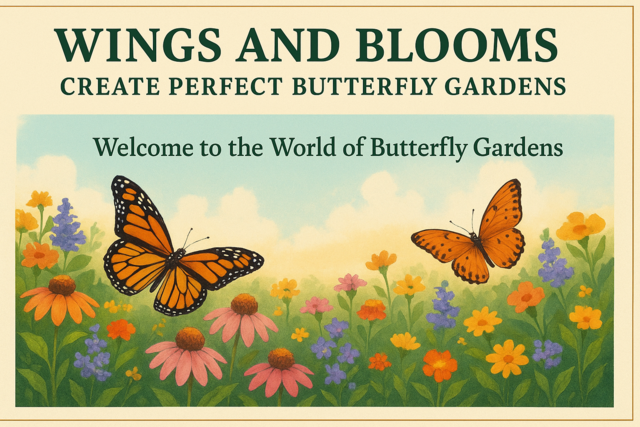
Wings and Blooms: Create Perfect Butterfly Gardens
-

General Receptionist
-

Memory and Concentration Techniques
-
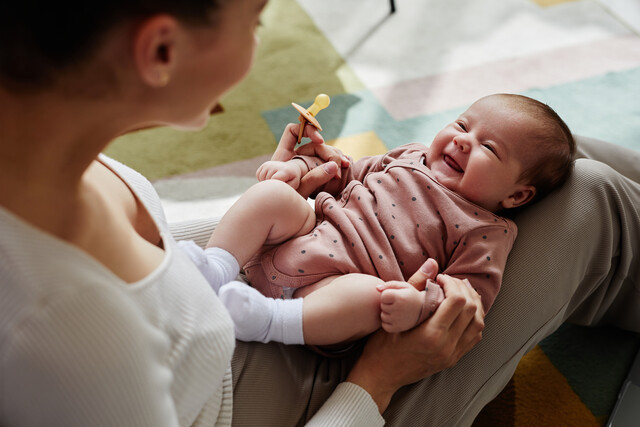
Professional Babysitting Skills
-

Understanding Learning Styles
-
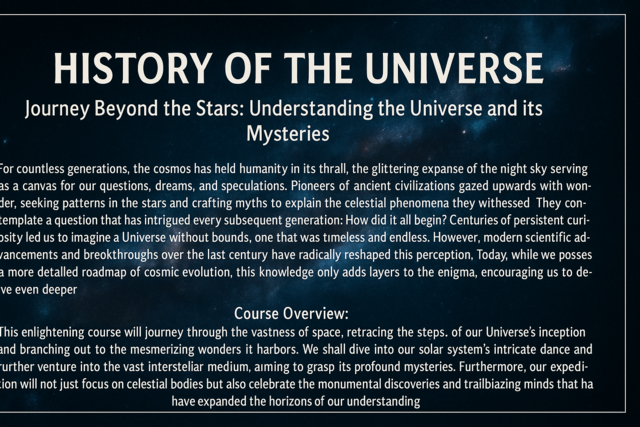
History of the Universe
-

Emotional and Behavioral Disorders
-

Aging and Long Term Care
-

Home Safety
-

How to Decorate a Room
-

Western Calligraphy
-

Personality Development
-

Watercolor Painting
-

How to eBay
-
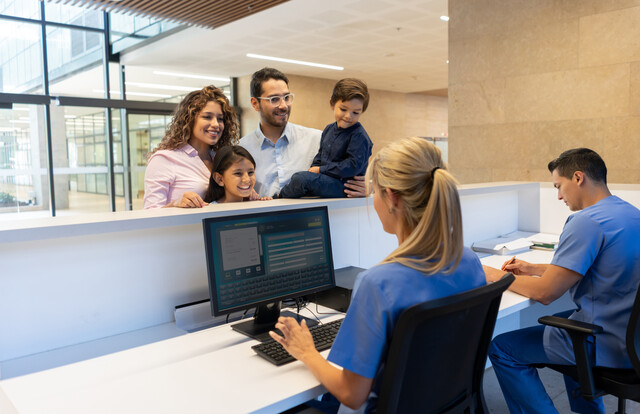
Medical Billing and Coding Course Bundle
-

Paranormal Romance Writing
-
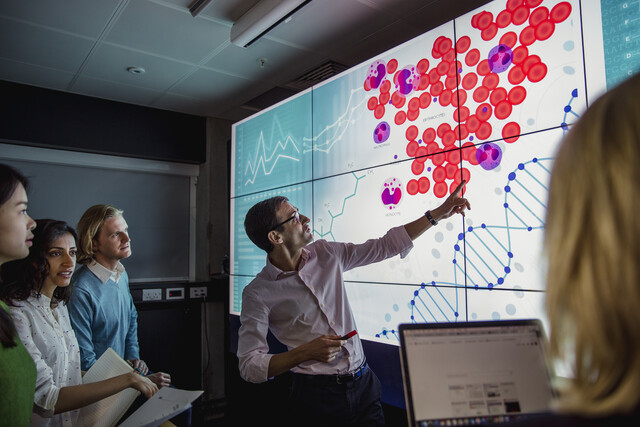
Health Education 101
-

Business Math 101
-

Behavior Management 101
-

How To Be a Substitute Teacher
-

Egyptian Mythology 101
-
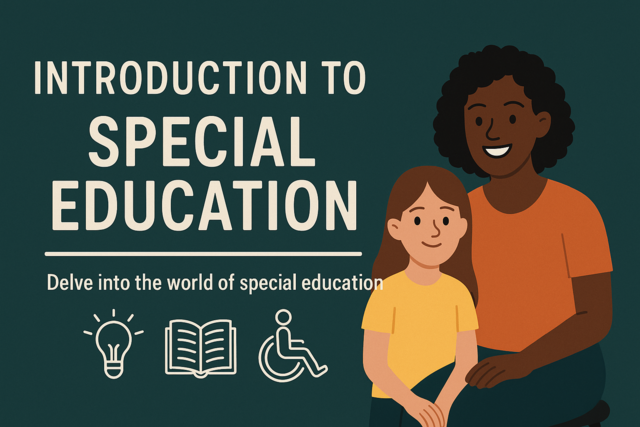
Introduction to Special Education
-

Landscaping 101
-

Mystery Writing